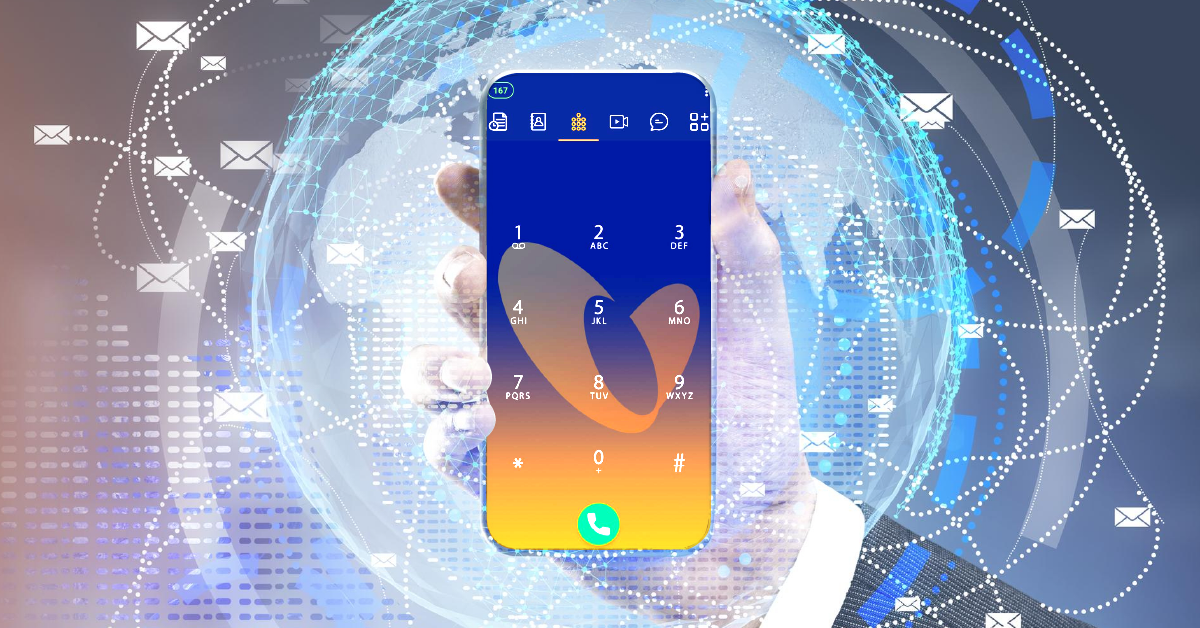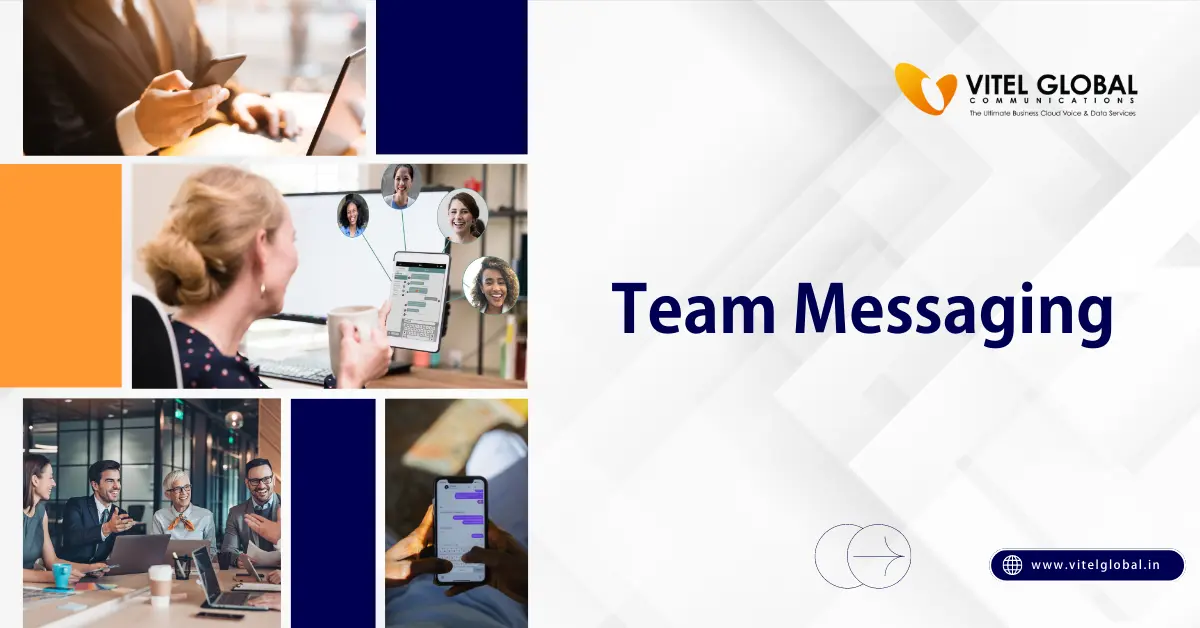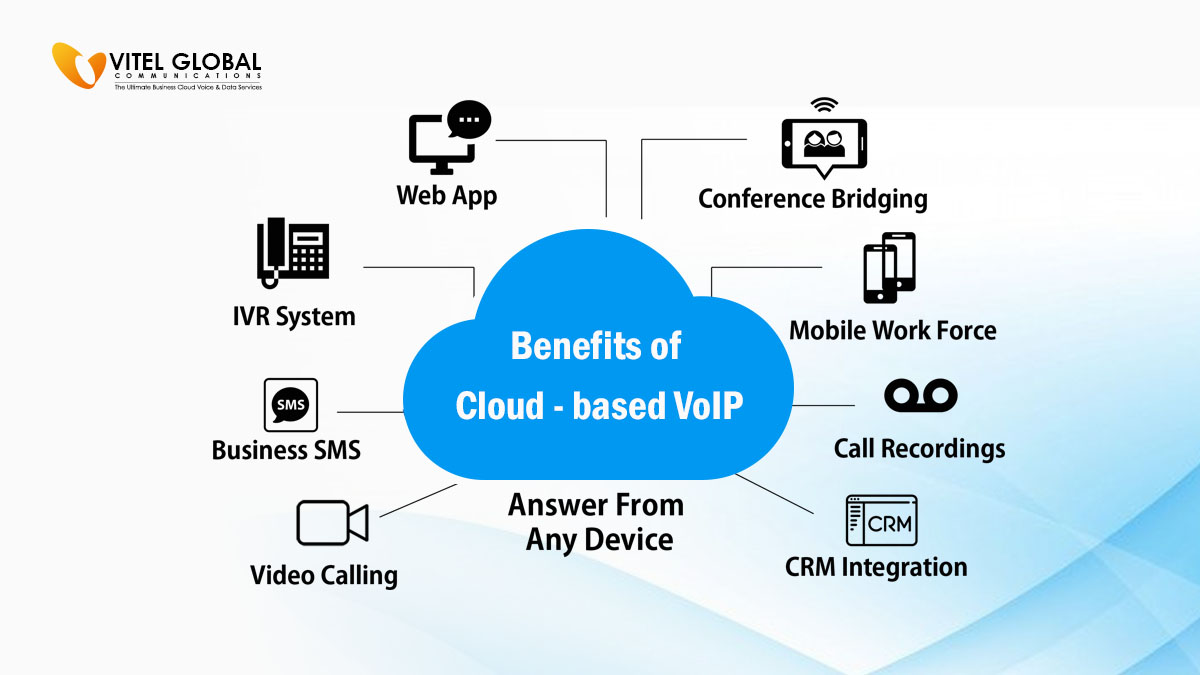Table of Contents
Cloud phone technology uses the internet to make phone calls, send messages, and access applications. Remote learning can take the next big step after the impact of COVID-19. With the latest opportunities emerging, even without the instructor, training or sessions can be organized seamlessly.
It is how technology has revolutionized the overall concept of organizing online learning sessions to empower digital learning processes.
With the rise of online learning, the educational landscape has recently transformed significantly. It can be made possible by the development of cloud phone technology. These opportunities are developed in educational institutions by business phone technology, called Voice over Internet Protocol (VoIP) or Cloud PBX. An in-depth analysis of the advantages, drawbacks, and potential future applications of cloud phone technology for remote learning is provided in this blog.
What Does the Term “Remote Learning” Mean?
Remote learning is easily defined as a hybrid model and the most advanced method in the teaching field. However, the need for rooms with closed walls, a blackboard, and a standard infrastructure is eliminated. Instead, it uses Edtech tools to set up a virtual classroom where instructors can present daily lectures, administer online tests, and efficiently monitor students’ development.
The key is that distance learning recreates traditional classroom environments virtually. So digitalized ERP solutions can make online learning more interesting, interactive, and engaging.
What Exactly Is Cloud Phone Technology?
It enables voice calls, video conferencing, and messaging services without conventional phone lines. It works over the Internet. The technology utilizes cloud-based servers to manage communication, making it accessible from any internet-connected device.
The Impact of Cloud Phones on Education Technology
No matter where they are geographically located, students, teachers, and administrators can communicate using business phone technology in the context of education. Cloud-based systems can be used in colleges and universities to effectively host virtual classrooms, deliver lectures, facilitate group discussions, and distribute announcements.
The Advantages of Business Phone Technology For Remote Learning
- Cost-Effectiveness
Technology for cloud phones does away with the need for expensive hardware and physical infrastructure. While providing cutting-edge tools for distance learning, educational institutions can drastically cut communication costs.
- Scalability
Cloud telephony systems are easily scalable to handle varying enrollments of faculty and students. Cloud phone service ensures that all users can communicate without interruption as educational institutions expand or experience seasonal fluctuations in enrollment.
- Reliability and Accessibility
Remote computing technology offers high reliability and uptime to ensure uninterrupted communication during crucial educational sessions. Additionally, the platform offers flexibility and convenience because it is accessible to educators and students from any device with an internet connection.
- Data Security and Privacy
Reputable cloud phone providers give data security and privacy a top priority. They employ encryption and other robust security measures to safeguard sensitive information exchanged during online learning sessions.
The Evolution of Remote Learning
- Effects of Technological Development
Technology developments have changed the face of conventional education. Learning Management Systems (LMS), digital tools, and video conferencing platforms have all been integrated to make online classes an adequate substitute for traditional classroom-based education.
- The Need for Remote Learning Solutions
The COVID-19 pandemic has accelerated the use of E-learning and highlighted the value of dependable and effective remote teaching tools. To maintain constant connectivity during lockdowns and social distancing measures, educational institutions have embraced cloud phone technology worldwide.
Cloud Phone Technology for Improving Remote Learning
- Interactive Virtual Classrooms
Business phone technology makes interactive virtual classrooms with real-time discussions, screen sharing, and project collaboration. Similarly, video conferencing and messaging tools encourage participation and improve the educational process.
- Seamless Collaboration and Communication
With business help, phone technology makes it simple for teachers and students to communicate and work together on group projects, individual assignments, and extracurricular activities. This open communication channel allows students to get help whenever needed, encouraging a more individualized learning experience.
- Accessible and Inclusive Education
Cloud telephony technology eliminates geographic barriers, allowing remote students or those with physical disabilities to access high-quality education. Hence, this inclusiveness guarantees no student is left behind and fosters equal learning opportunities.
- Recorded Lectures and On-Demand Learning
Using cloud phone technology, teachers can record lectures and share them with students so they can watch them whenever they want. This function makes sure that students can review material from previous classes, revise concepts again, and learn at their own pace.
Exploring the Challenges and Considerations
- Internet Connectivity Issues
In regions with limited or unstable internet connectivity, access to cloud phone technology may be compromised. Educational institutions must consider alternative communication plans to accommodate students facing connectivity challenges.
- Training and Adoption
To use cloud telephony technology effectively, educators and students may need training. Sufficient support and resources are necessary to adopt and utilize the technology’s features seamlessly.
- Creating a Digital Diversity
Despite technological advancements, the digital divide still exists, with some students needing access to devices or internet connectivity. Educational institutions must address this disparity to ensure equitable access to remote education opportunities.
Future Trends and Innovations
- Integration with AI and Data Analytics
Cloud phone technology will probably work with chatbots that are driven by AI, giving students immediate assistance and responding to their questions in real time. Furthermore, data analytics tools may be incorporated to analyze communication patterns and improve the effectiveness of E-learning.
- Virtual Reality (VR) Integration
As VR technology advances, cloud phone platforms may integrate virtual reality elements to create immersive educational experiences. However, virtual classrooms and interactive simulations could revolutionize how students learn and engage with course material.
What’s Next For Cloud Solutions In 2023?
Educational institutions that invest a significant amount in enterprise resource planning (ERP) and capital expenditures (CapEx) to enable digital transformation (DX) will want to churn their resources more than ever. In 2023 and the years to come, the following are the top predictions for Ed-tech with cloud solutions:
- Hybrid education is expected to continue the expanded accessibility of digital resources.
- Community and hybrid cloud deployment models will have a significant adoption rate in the education market.
- The educational industry will rapidly expand service models based on IaaS (Infrastructure as a Service) and SaaS (Software as a Service).
Conclusion
As a result, cloud phone technology has emerged as a game-changer in education, empowering remote learning and fostering a more connected and inclusive learning environment. By enabling interactive virtual classrooms, seamless communication, and accessible education, cloud phone technology has revolutionized how educational institutions approach online learning. As technology continues to evolve, it will remain at the forefront of enhancing online class experiences, shaping the future of education in the digital age.
Vitel Global provides business phone solutions through its cloud communications platform for various industries, including education. It aims to allow schools to conduct introductory, browser-based virtual courses with HD audio and video. Additionally, it offers PBX features and remote working tools for the educational sector.







